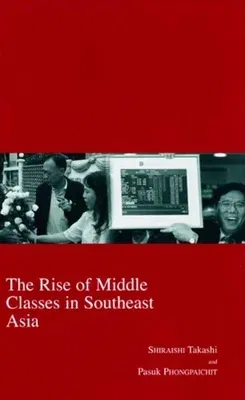The Rise of Middle Classes in Southeast Asia: Volume 17Hardcover, 31 March 2008

Qty
1
Turbo
Ships in 2 - 3 days
In Stock
Free Delivery
Cash on Delivery
15 Days
Free Returns
Secure Checkout

Part of Series
Kyoto Area Studies on Asia
Print Length
307 pages
Language
English
Publisher
Trans Pacific Press
Date Published
31 Mar 2008
ISBN-10
1920901175
ISBN-13
9781920901172
Description
Product Details
Book Format:
Hardcover
Country of Origin:
US
Date Published:
31 March 2008
ISBN-10:
1920901175
ISBN-13:
9781920901172
Language:
English
Pages:
307
Publisher:
Series: